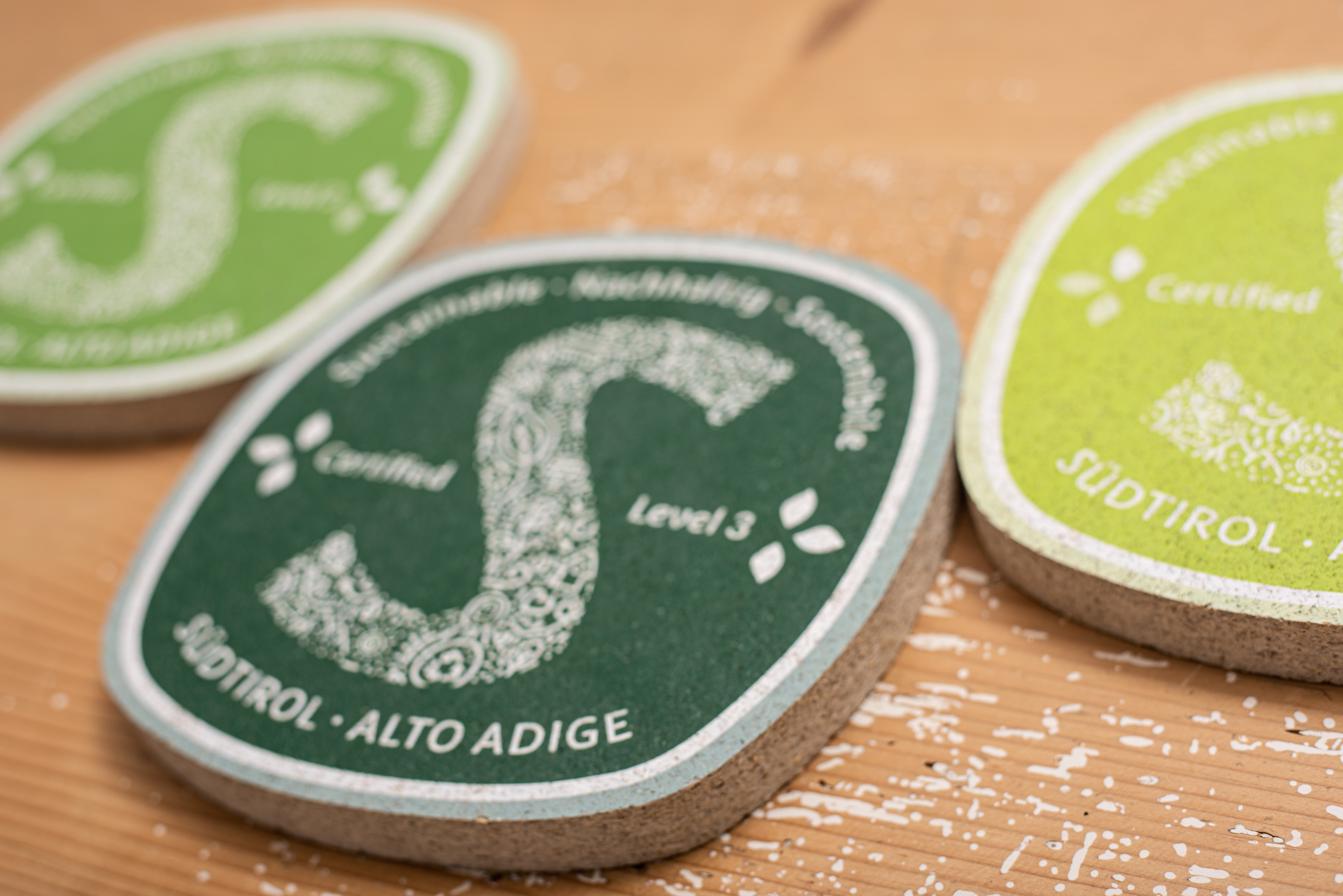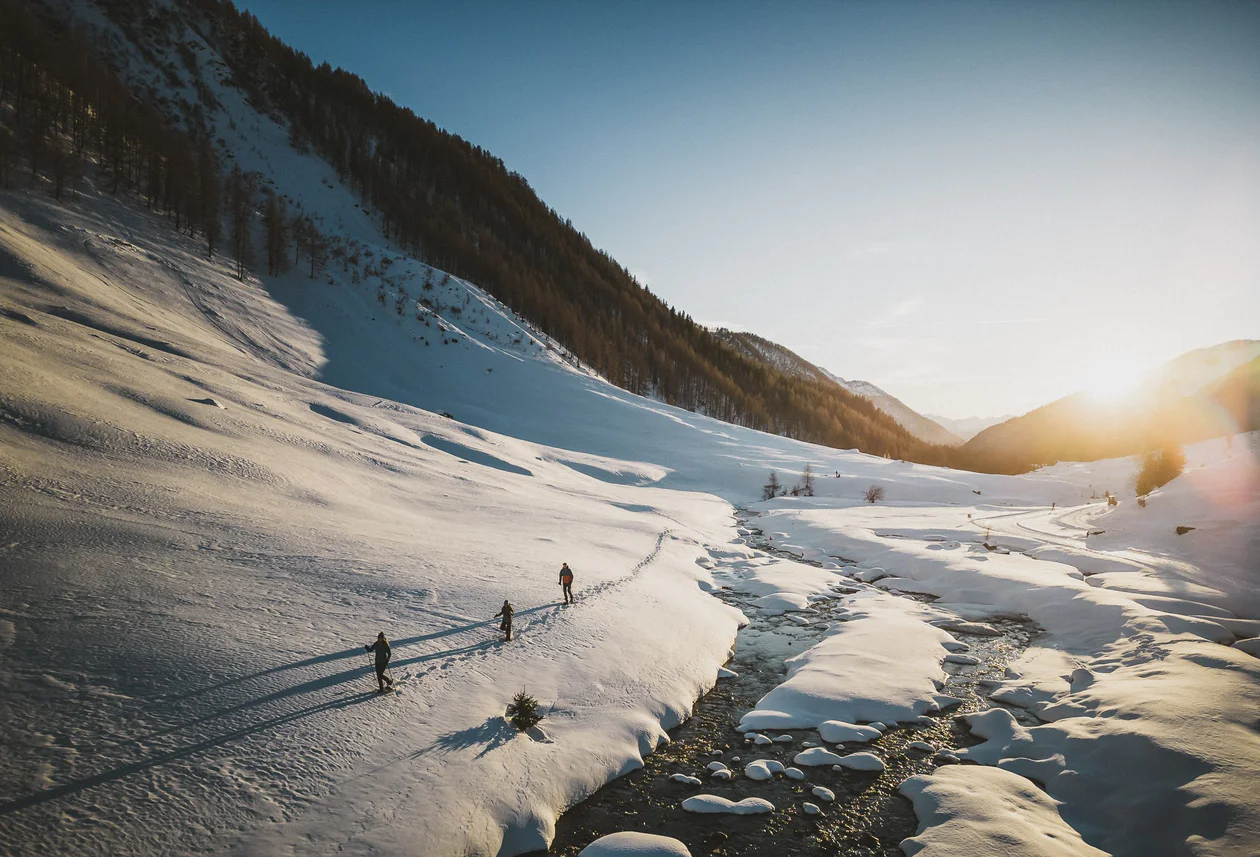Sustainability Label South Tyrol
Paving the way for a sustainable future
How can you identify destinations and accommodation businesses that are actively committed to providing solutions for a sustainable future? In South Tyrol the sustainability signage is before everyone's eyes. The Sustainability Label South Tyrol. A certification that, based upon the Global Sustainable Tourism Council(GSTC) criteria, gives recognition to entities in the tourism industry that ensure the protection of nature and human beings. Tourist destinations that have been successful in preserving our traditions , thereby contributing to making South Tyrol a sustainable place with relevant eco practices.
There are three different levels that increase the credibility of the practices effectiveness in accommodation businesses. The third and highest level is "GSTC-recognized" which means sustainable toursim standards have been internationally met.

















